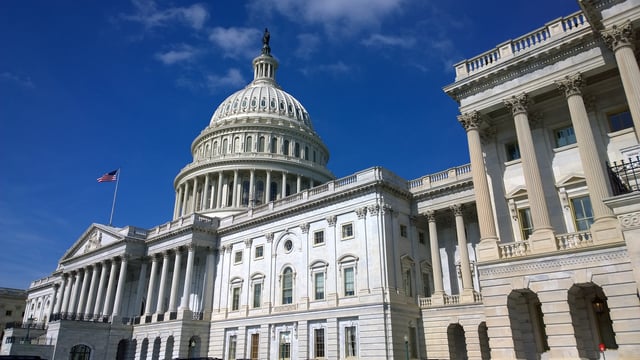Which is it?
Entities that receive federal assistance (i.e. federal funds, federal grants, and federal awards) are subject to audits in order to ensure that the federal assistance programs are utilized in compliance with the federal government. Before 1984 these audits were performed per program rather than per entity. In other words, entities with multiple assistance sources were subject to multiple audits and the costs of those audits.
Single Audit:
For the sake of efficiency and cost-effectiveness the Single Audit Act of 1984 was passed. The act earned its name because its purpose is to consolidate these audits, allowing entities to receive one audit over all of their federal assistance.
Due to this act these audits are referred to as "Single Audits".
OMB A-133:
Before 2013 the Office of Management and Budget (OMB) Circular A-133 regulated the audit requirements of the Single Audit Act.
However, in December 2014, the Office of Management and Budget’s (OMB) Uniform Administrative Requirements, Cost Principles, and Audit Requirements for Federal Awards (the Uniform Guidance) was implemented. The Uniform Guidance provides oversight regarding the necessity and performance of the single audit.
The Uniform Guidance replaced previous OMB Circulars that defined the Single Audit. In particular, subpart F of the uniform guidance supersedes Circular A-133.
It's due to the prior OMB Circular A-133 that these audits are referred to as "OMB A-133 or A-133 audits".
Federal Audit:
On behalf of the OMB, the Federal Audit Clearinghouse (FAC) distributes single audit reporting packages to federal agencies. It also aids the OMB in federal assistance audit requirements oversight and assessments.
Which is likely why these audits might be referred to as "Federal Audits".
Conclusion:
Due to the clear overlaps of the above information it's understandable why these audits are often referred to as "Federal Audits", "OMB A-133 or A-133 Audits", and "Single Audits". However, the most appropriate reference to these audits is "Single Audit".
What is it?
Single Audits are organization-wide, singular audits (hence their name) performed to ensure that the recipient of federal funds is in compliance with the federal program requirements. More specifically, they are performed to provide assurance to the United States federal government that federal assistance is being utilized appropriately.
The Single Audit was originally enacted so that recipients would not have to undergo multiple audits by each agency that provided them with funds. Significantly greater in scope than financial statement audits, they include an audit of compliance with grant terms and regulations and an audit of the Schedule of Expenditures of Federal Awards (SEFA).
Determining Who Needs One
Entities, such as state and local governments, and nonprofit organizations that expend federal funds of $750,000 or more in a fiscal year are required to have a single audit performed by an independent auditor.
How to determine if you need a single audit:
- The first step in determining if an entity is required to have a Single Audit is determining the source of grant funds.
- Funds received from a state or local government may have originated with the federal government and are considered pass through funds. They are to be treated as if they were received directly from the federal agency.
- Normally, the grant agreement will identify the source of the funds.
- Note that if it doesn’t, the recipient is responsible for investigating and determining the source of the funding.
- After determining the source of funding, the entity should prepare a Schedule of Expenditures of Federal Awards (SEFA) that lists the programs and the expenditures by program for the fiscal year.
- If the expenditures are $750,000 or more, then a Single Audit must be performed. As part of the Single Audit, the SEFA will be audited in addition to the basic financial statements.
Recap:
- Which is it? These audits are often referred to as "Federal Audits", "OMB A-133 or A-133 Audits", but are most appropriately named and referred to as "Single Audits".
- What is it? Single Audits are organization-wide audits performed to provide assurance to the federal government that federal assistance is in compliance with federal law.
- Who needs one? Entities that receive funding that was originally sourced from the federal government and expend $750,000 or more must undergo a single audit.
Other Resources Regarding Single Audits:
- Instructions for Preparing the Schedule of Expenditures of Federal Awards
- OMB Policy Statements | Whitehouse.gov
- Federal Law Audit Requirements | National Council of Nonprofits
Explore our other blog post(s) regarding Nonprofits:

